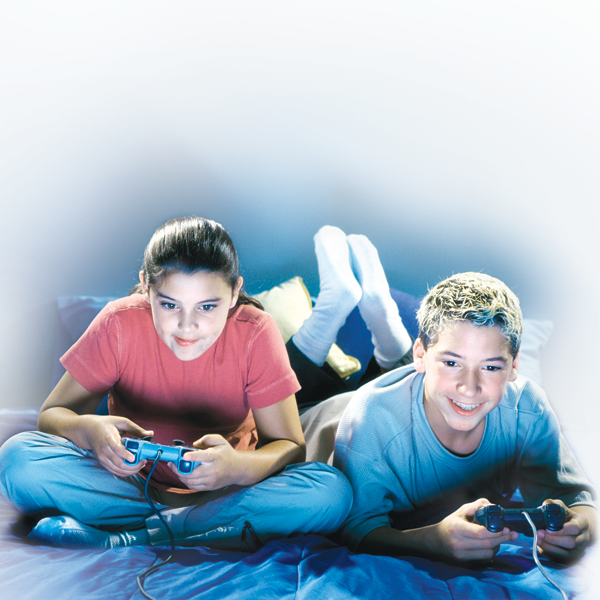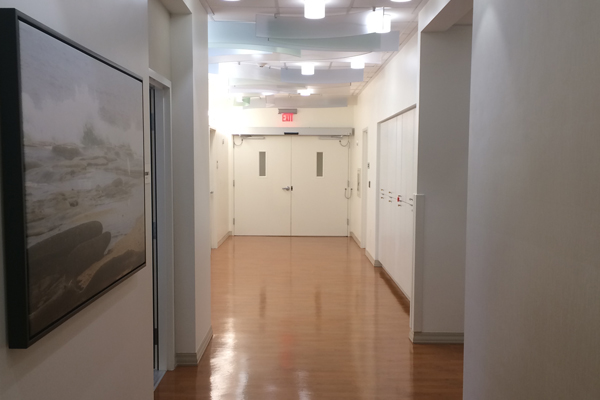
Identifying Child Abuse
“If a baby isn’t cruising, crawling or getting around, a bruise would be worrisome unless there is an explanation,” says CHOC pediatrician and child abuse expert Dr. Wong. Another sign of abuse may be bruises in unusual places, like the abdomen or buttocks, she says.

Current Diet Trends & Kids
“A vegetarian diet excludes meat, poultry, fish, seafood and shellfish but includes eggs and dairy products. “It can be really healthy for children and teens. Vegetarian diets include a lot of healthy foods like fruit, veggies, whole grains and protein-rich foods like eggs, tofu, and dairy products.

Identifying Hernias
“Parents will typically notice a bulge in the groin or abdominal wall, where there shouldn’t be one,” says CHOC pediatric surgeon Dr. Reyna. This may be a hernia, and if so, it’s caused by tissue that is protruding through a hole in the musculature.




















